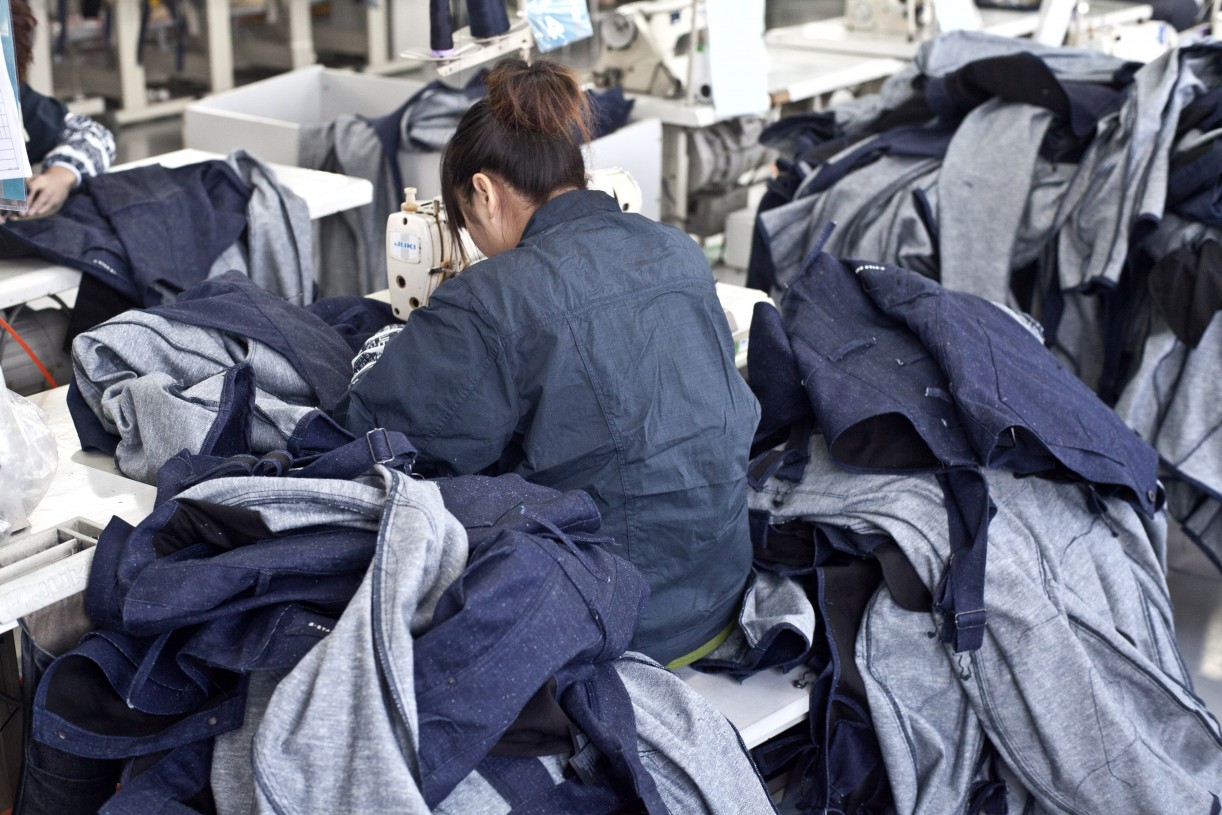
Solidaridad, through its Better Mill Initiative (BMI), identifies six clusters of purchasing practices that are commonly assessed by existing tools aimed at evaluating the working and environmental conditions in a brand's supply chain. These clusters are essential for a holistic understanding of responsible procurement and they foresee the following points:
Due diligence involves embedding ethical practices into company policies, assessing adverse impacts, and implementing measures to address them. This foundational process aligns with human rights and environmental standards and is critical for maintaining responsible business conduct.
This cluster emphasizes the integration of responsible purchasing practices into a company's core operations. It includes setting relevant KPIs, conducting regular reviews, and transparently reporting on progress, with a focus on self-assessment and documented evidence.
Collaboration between buyers and suppliers emphasizes partnership and mutual respect. It focuses on building long-term, secure relationships and shared responsibilities for improving working conditions, ensuring both parties work towards common goals.
This cluster focuses on the technical aspects of production, including design cooperation, capacity planning, and order management. It ensures that these processes are well-structured and that lead times are realistic to prevent issues like excessive overtime.
Establishing fair payment terms involves clear agreements, timely payments, and equitable penalties for delays. These terms are crucial for maintaining healthy supplier relationships and ensuring financial fairness.
Responsible costing and pricing ensure that products are priced fairly, reflecting the true cost of ethical practices, including fair wages. This cluster stresses the importance of transparency in pricing structures to support sustainability.
The wet processing stage in the fashion supply chain, which includes activities like dyeing, washing, printing, and finishing, is particularly resource-intensive. It involves significant use of water, energy, and chemicals, making it a focal point for environmental sustainability efforts. Solidaridad’s Better Mill Initiative aims to enhance the sustainability performance of these facilities by integrating responsible procurement practices of brands into the work we do with facilities to reduce the environmental impact and improve social practices. Key procurement practices that impact wet processing suppliers’ ability to meet environmental, social, and governance (ESG) goals include:
Price: Competitive pricing pressures often limit suppliers' capacity to invest in sustainable technologies and processes, such as advanced wastewater treatment systems or energy-efficient machinery.
Design: Early design choices, including the selection of materials and colors, can dictate the environmental footprint of wet processing, influencing water and chemical use.
Stable Relationships: Long-term and predictable business relationships are crucial for suppliers to invest in necessary improvements and innovations.
Payment Terms: Prompt payments from brands can ensure that tier 1 suppliers can pay tier 2 suppliers on time, facilitating smooth operations and investment in sustainable practices.
Decarbonization: While reducing energy use can lead to cost savings, the management of chemicals often involves additional expenses, with few financial incentives provided by buyers.
Despite the recognized importance of RPP in wet processing, significant challenges remain. Consultations with industry stakeholders revealed several key challenges:
Focus on Tier 1: Current efforts predominantly target tier 1, with minimal attention given to tier 2. This lack of focus limits comprehensive oversight and support for going deeper into each supply chain tiers.
Emerging Efforts: Some brands are beginning to map their tier 2 suppliers and strengthen these relationships, although this is not yet widespread practice.
Limited Oversight: There is a notable lack of transparency and direct relationships with tier 2 suppliers, complicating efforts to monitor and improve ESG performance.
Tailored RPP Tools: While existing RPP tools are helpful, they often need adaptation to address the unique challenges faced by wet processing facilities and tier 2 in general. Key sustainability priorities for these facilities include water use and wastewater management, chemicals and chemical waste management, and energy use and greenhouse gas emissions. The primary social priority is occupational safety and health.
In conclusion responsible purchasing practices are a vital tool for enhancing the sustainability of tier 2 specifically of wet processing facilities. By addressing critical issues such as fair pricing, sustainable design, and prompt payment terms, brands can support these facilities in achieving significant improvements in environmental and social performance.
Moreover, to overcome the present challenges, there is a pressing need for collective governance of the supply chain, with shared responsibilities among brands, suppliers, and other stakeholders. As the industry moves towards greater transparency and collective responsibility, expanding RPP to tier 2 suppliers will be essential for building a more sustainable and equitable fashion industry.